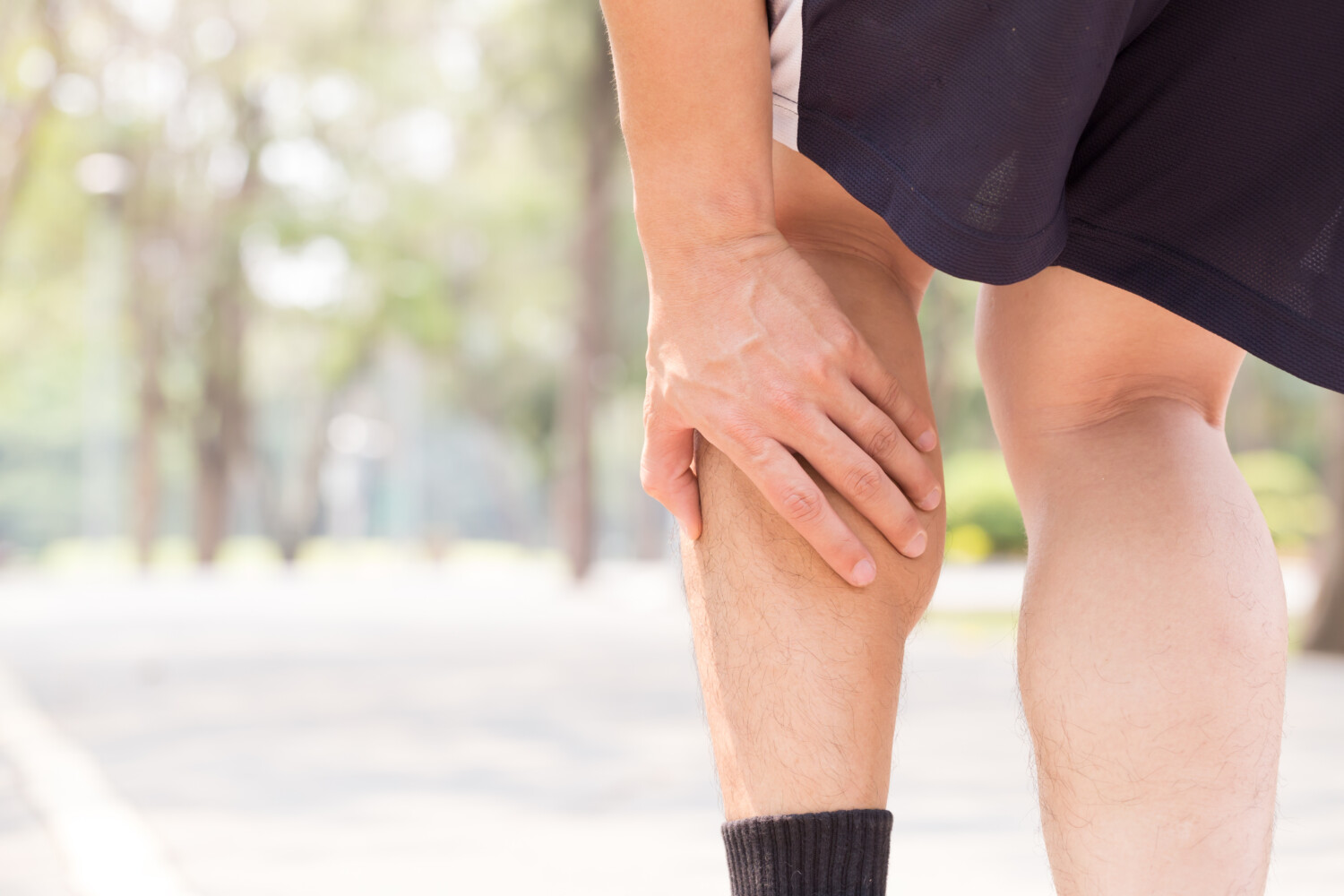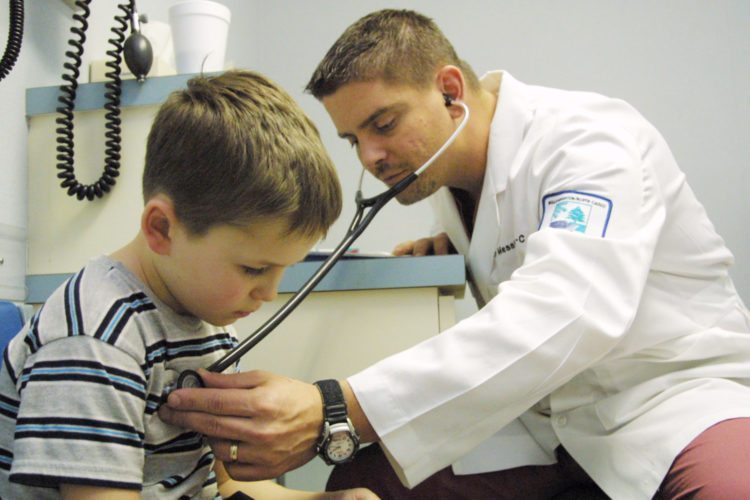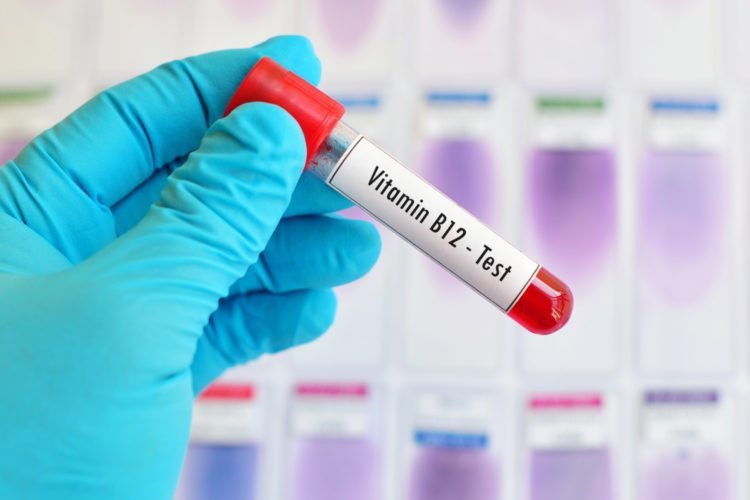5 obvious ways your body is telling you it needs more vitamins

Are you getting all your vitamins?
The results of the National Health and Nutrition Examination Survey performed by the Centers for Disease Control and Prevention show that 31% of the American population is at risk of being anemic or deficient in at least one vitamin. These nutritional deficiencies can cause numerous diseases and disorders.
Even if you eat a balanced diet, factors such as age, health conditions and genetics can hinder your ability to absorb certain nutrients. Fortunately, your body has ways of letting you know that it needs more vitamins. Learning some common indicators of vitamin and mineral deficiencies can give you the insight you need to make sure you are in optimal health.
Here are a few places to look for warning signs:
1. Hair
Your locks can tell you a lot about your body’s need for vitamins. Dry or brittle hair may indicate a lack of iron or protein. Prematurely gray strands may point to a vitamin B12 deficiency. A vitamin D deficiency can cause hair loss.
2. Skin
If you bruise easily, you may be deficient in vitamin K. Dry skin might indicate a need for increased vitamins A or E. A lack of these vitamins can also cause small red bumps on the back of your arms.
3. Mouth
Do you suffer from cracks in the corners of your mouth? Your body might be letting you know you need more vitamin B2, also known as riboflavin. Canker sores inside your mouth might point to one of numerous deficiencies, including B12, folic acid, zinc or iron. Burning mouth syndrome may be caused by vitamin B12 deficiency anemia.
4. Nails
Your fingernails and toenails can give many clues to your health as well. Spoon-shaped nails hint at an iron deficiency. Persistent hangnails may imply the need for more zinc in your diet. If your nails are brittle, you could require more vitamin A, vitamin C or biotin.
5. Muscles And Nerves
Waking up with muscle cramps in your legs or feet? You might need to boost your intake of magnesium, calcium, potassium and zinc. Twitching muscles might suggest a lack of calcium and magnesium. Vitamin B12 deficiency can cause coldness, tingling and numbness in your hands and feet.
When To Seek Medical Attention
The most effective way to increase vitamins and minerals in your diet is through eating healthy foods. However, supplements can be beneficial as well. That being said, even over-the-counter supplements can interfere with certain prescription medications and may cause problems for people with existing health conditions.
Before beginning a vitamin and mineral supplement regimen, talk to your primary care provider. Your doctor may wish to perform blood work to determine any nutritional deficiencies as well as any relevant health issues you might have. Together, you can create a comprehensive plan to improve your health.








